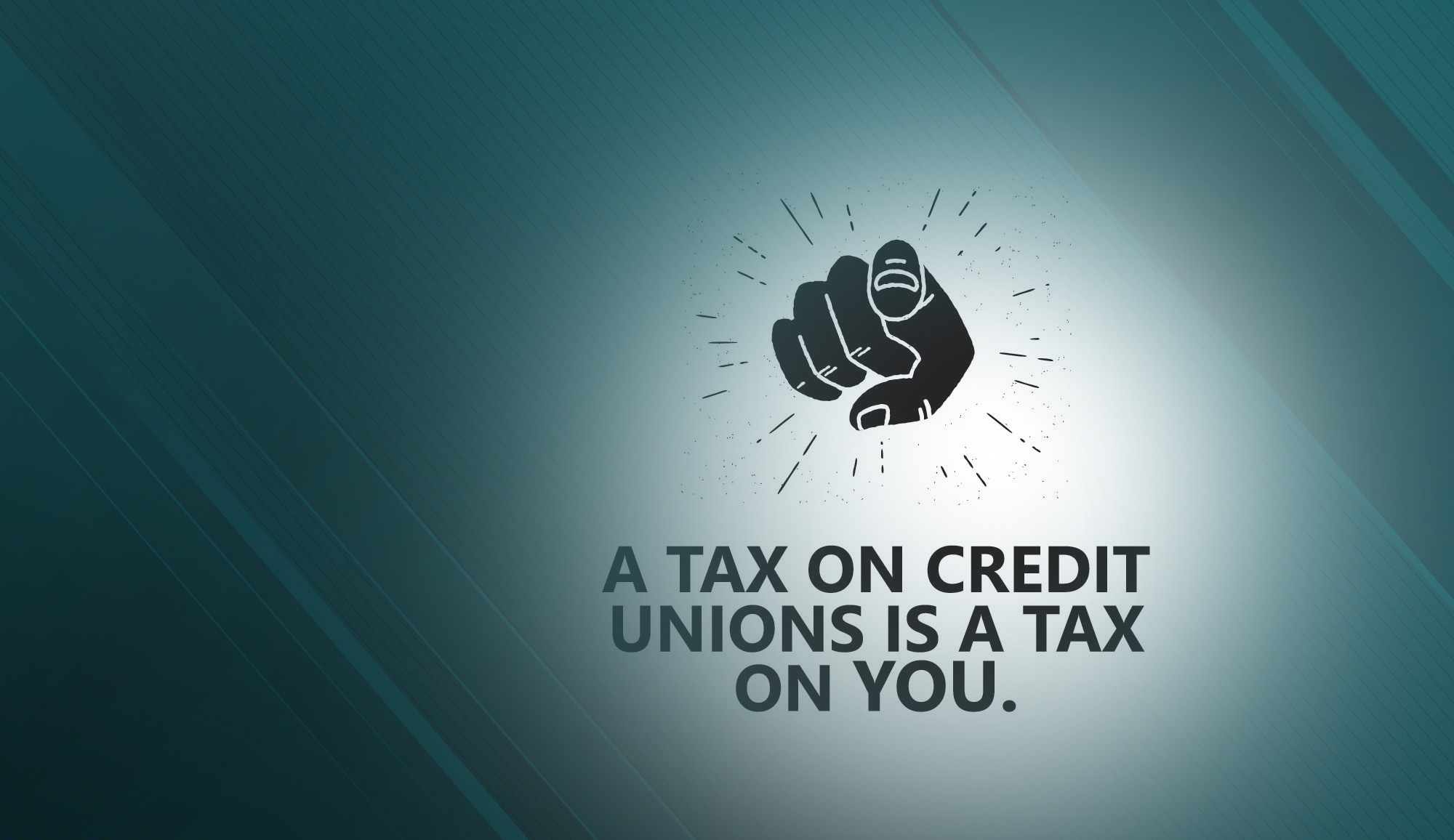The Truth About Credit Union Taxes
You may hear opponents claim that credit unions “don’t pay taxes”—but that’s not the whole truth. While credit unions don’t pay federal income tax, they do pay property taxes, payroll taxes, business license fees, and, for some, state sales tax. Big banks and their lobbyists try to blur this distinction, hoping you won’t notice the difference between “no taxes” and “no income tax.”
A tax on credit unions is a tax on you as a member-owner. Many other organizations, including some banks, receive tax exemption benefits for various reasons. Without our current tax status, our ability to provide these benefits would be at risk, making it harder for us to serve you and our LASD family.
A newly released study by Dr. Robert Feinberg of the American University and Dr. Douglas Meade of Interindustry Economic Research Fund Inc. details the economic benefits of the credit union tax status and the implications it will have on the economy and the many Americans that would lose billions of dollars over the next decade.
“Our analysis indicates that removing the credit union tax exemption would cost the federal government $33 billion in lost income tax revenue over the next 10 years. GDP would be reduced by $266 billion, and 822,000 jobs would be lost over the next decade as well,” write the researchers. “The benefit of better credit union loan and deposit rates extends to bank customers as well, due to increased competition. A 50% reduction in the credit union market share would cost bank customers an estimated $11.9 billion to $22.8 billion per year in higher loan rates and lower deposit rates.”
The study can be read in its entirety here:
Economic Benefits of the Credit Union Tax Exemption




